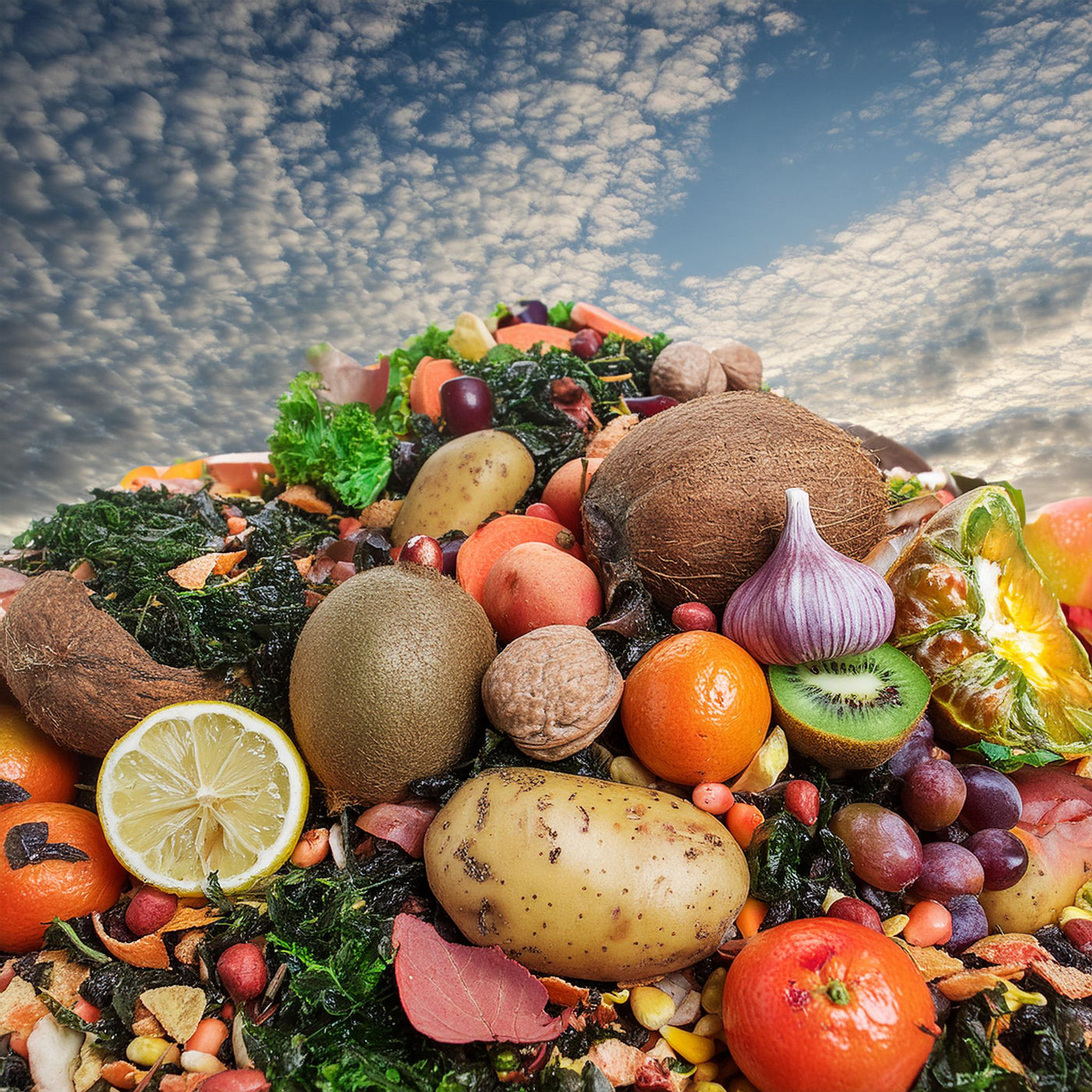FAQs
Do composters use a lot of electricity?
Do composters use a lot of electricity?
Our EcoBlend composters are very energy-efficient. Our domestic system uses 0.06 khw/day and our commercial composter uses 1.35khw/day.
Simply plug your unit into a standard New Zealand power socket and leave it running.
How do the composters work?
How do the composters work?
EcoBlend composters can reduce food waste by 90% in under two days. The resultant byproduct can be used for garden nutrients when diluted with soil the rate of 1:8.
EcoBlend’s electronic composters use microbes, light and heat to break down organic matter, with mechanical grinders to decompose the materials into lower molecular structures that the micro-organisms break down further.
There is minimal noise or odour. It’s fine to add meat, fish and poultry as, unlike backyard composting, foods break down quickly and there is no issue with rodents or insects.
What items can I process in an Ecoblend composter?
What items can I process in an Ecoblend composter?
If you can digest it, then so can your composter.
Meat, egg shells, teabags - these are all fine.
We suggest avoiding large bones, but small chicken and fish bones are fine to add. Gum, wax, tobacco, crustacean shells and large bones should not be put in your Ecoblend composter.
Please rinse extremely salty or acidic foods as these can interfere with the microbes and chewing gum is best left out.
I already compost - why do I need an Ecoblend composter?
I already compost - why do I need an Ecoblend composter?
Many people run their own outdoor compost projects.
It’s a labour-intensive process that’s smelly, slow and attracts vermin, insects and neighbourhood pets.
Outdoor composters take up to six months to generate useable garden nutrients and you are limited in what you can put in.
EcoBlend composters handle meat, dairy, fish and other proteins efficiently, with minimal noise or odour.
But we have council food scrap bins so why do we need to compost?
But we have council food scrap bins so why do we need to compost?
While many councils around New Zealand now offer weekly food bin collections, anecdotal data reveals dissatisfaction with the council-supplied bins.
They require two hands to open; they take up extra floor space next to existing recycling and rubbish bins; flies can get in (and their offspring, maggots, can get out); and pets and children can easily tip them over.
Plastic or compostable liner bags are not permitted and paper liners dissolve with the moisture released from rotting food.
The smell is offputting to many, and intensive weekly bin cleans are unappealing.
Those who choose not to use the food collection bins are either disposing of leftovers in their in-sink waste disposers or in their general rubbish that goes to landfill.
Ecoblend composters provide convenient, ecofriendly food waste disposal while generating ready-to-use garden nutrients.
